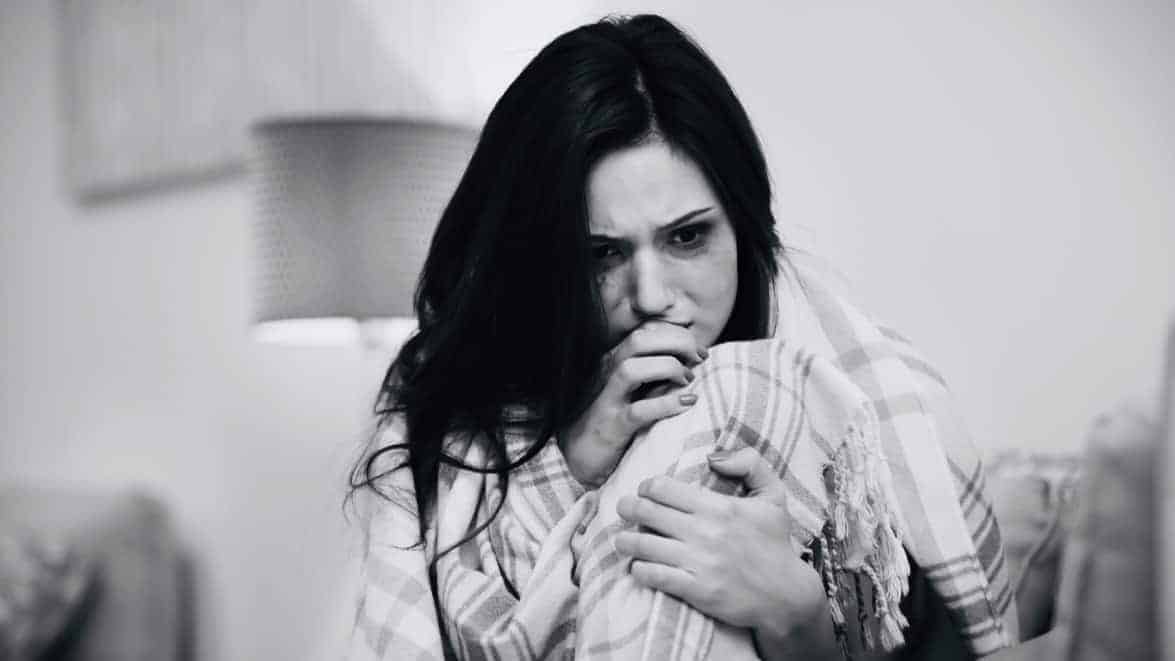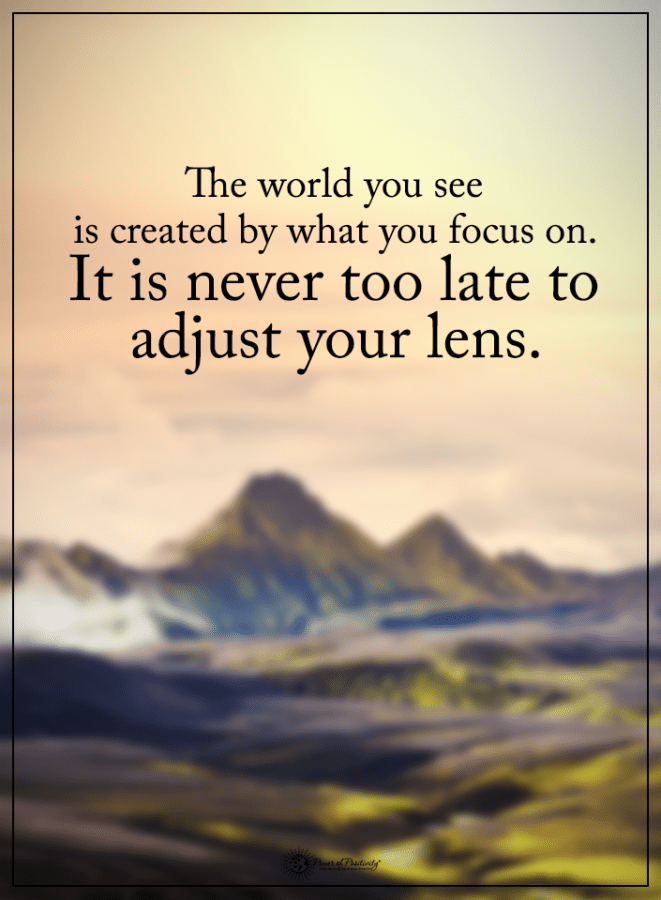Doctors issue a diagnosis of depression after a careful review of your symptoms. However, other similar symptoms can seem like depression, but they aren’t. Improving your mood may be more simple than you think. For example, consider whether you have one of the following 5 physical and social problems that are not depression.
5 Symptoms that Seem Like Depression But Aren’t
1. Low blood sugar
When your energy level is crashing from a lack of food, which your body converts into glucose for fuel. Therefore, you might have similar symptoms to someone with depression. Someone with symptoms of depression can feel like they have no energy to do what needs to be done. Low blood sugar can lead to a lethargic state which mimics the low energy that we think of as being depression.
2. Vitamin D Deficiency
Lacking adequate amounts of Vitamin D can cause effects on the body that mimic the symptoms of depression. We can only synthesize Vitamin D from direct sun exposure to our skin. Therefore, our concerns about skin cancer from harmful UVA and UVB radiation limits our solar access. Make sure you supplement with a good quality vegan source of Vitamin D if your sun exposure is limited.
3. Dehydration
Mental fog and an inability to concentrate are the hallmarks of dehydration and can also be symptoms that indicate depression. So start increasing your water intake per day and check your mental clarity to see if it improves. Your body can lose the ability to recognize when you are thirsty if you allow your dehydration to continue.
4. Digestive problems
Researchers in the Journal Biobehavioral Medicine found that four physiological syndromes (irritable bowel syndrome or IBS, non-ulcer dyspepsia (NUD), fibromyalgia, and chronic fatigue syndrome (CFS)) are all related to depression and anxiety. This relationship does not mean that physical health problems cause depression, and the researchers point out that this is only an association. However, if you suffer from serious chronic illness, it makes sense that it can affect your mood in a negative way. Finding a supportive treatment provider and making a plan to help with any physical ailments may help prevent a diagnosis from leading to a depressed mood.
5. Social withdrawal
Researchers at Northwestern University looked at a diagnosis of depression and how that person functions socially. In other words, the inability to function normally in society is one way to view depression rather than the symptoms listed in the Diagnostic and Statistical Manual (DSM) that Counselors and Psychologists use to diagnose symptoms of depression.
Out of the nine symptoms of major depressive disorder listed in the DSM, five or more need to be present to constitute a diagnosis of major depression. One of the symptoms is a diminished interest or pleasure in all, or almost all, activities that normally are enjoyable for most of the day, nearly every day. The researchers found that truly depressed participants reported an average of 6.8 of the 9 symptoms of clinical depression. Simply avoiding going out with friends may seem like you are depressed. However, there is more to a diagnosis of an underlying psychological problem than just skipping social activities.
Final Thoughts on Conditions You Might Mistake for Depression:
Our minds have the power to help ourselves out of a depressed mood. However, it can seem difficult to overcome when you experience symptoms that impact your daily life. In addition, increasing mental challenges, social support, or physical activity can all help improve symptoms.
It’s also imperative to know when to seek the help of a professional. If you may have depression symptoms or are not sure, call for help. Medical providers, counselors, social workers, psychologists, and psychiatrists can help determine the source of your symptoms and provide a range of treatments.
https://youtu.be/CU2LlJxEdJ4















 Community
Community

